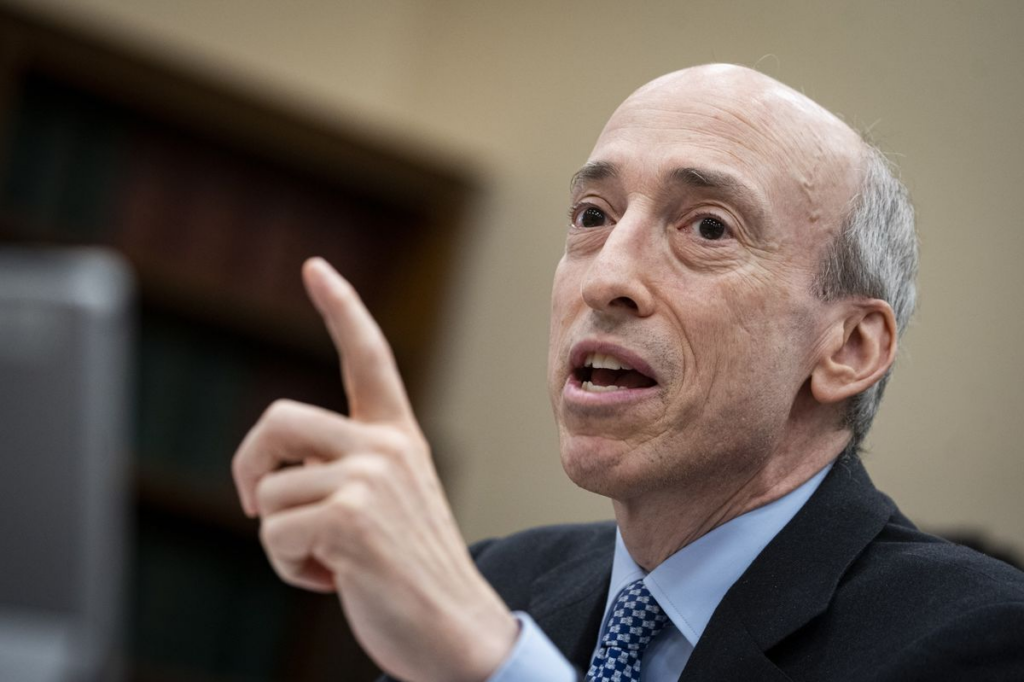The nature of Ethereum [ETH], the second-largest cryptocurrency by market capitalization, is back in the news. The issue of whether or not Ether is secure was raised once more.
This time, it was Patrick McHenry, the chairman of the United States House Financial Services Committee, who questioned Ether’s status. Notably, the query was addressed to Gary Gensler, chairman of the U.S. Securities and Exchange Commission (SEC).
McHenry initially questioned whether an asset could be both a commodity and a security when he brought up Ether’s classification. Prior to this, the congressman highlighted former SEC Finance Director Bill Hinman’s statements that Ether is not a security, and CFTC chair Rosten Behnam’s assertion that the coin is a commodity.

The solution may lie in SEC Chairwoman Genslar’s pessimism.
However, this was challenged by Letitia James, the New York attorney general (NYAG). Using the Howey Test, the attorney general asserted that Ether was in fact a security.
In its litigation against Kucoin – a notable cryptocurrency exchange on the market – the NYAG made the claim. Attorney General James asserted that Ether, along with LUNA and UST, met the four Howey Test criteria. And because these coins were for sale, Kucoin violated the Martin Act, according to the NYAG.
Gensler stated in response to the congressman that the Commodities Act defines securities as excluded commodities. In addition, he stated that an asset cannot be both an included and an excluded commodity.
The lawmaker repeatedly interrupted the SEC head, who was avoiding addressing the question.

The Chair of the SEC declines to take a stance on Ether’s essence. Following this, McHenry inquired as to whether Gensler believed Ether to be a commodity or a security. In addition, the congressman constantly spoke over the SEC chair, who was attempting to avoid directly answering the query. Gensler stated that he did not wish to prejudge Ether’s legal status and that it would hinge on the legal facts.
According to the SEC chairman, if the public anticipated profits on an asset based on the efforts of a group of individuals, then the asset was a security. Moreover, when asked if there was a lack of clarity in the marketplace, Gensler stated that there was clarity and that the “law is clear”. The congressman responded to his argument by stating,

